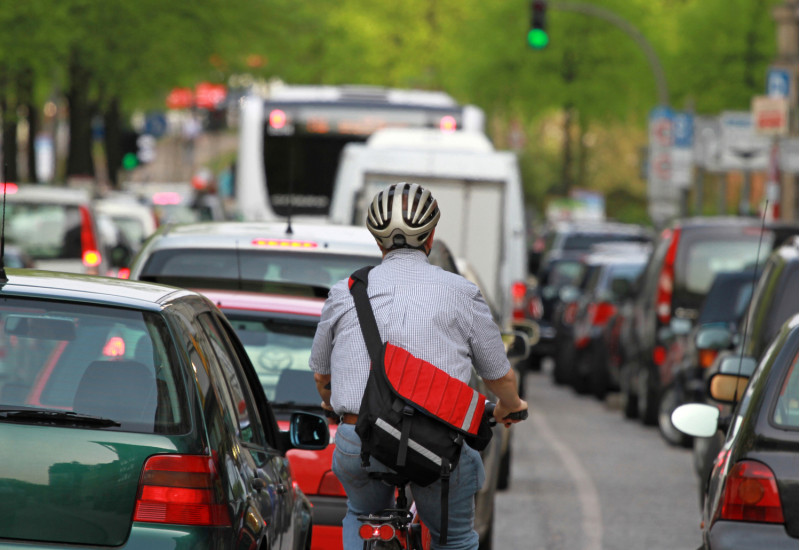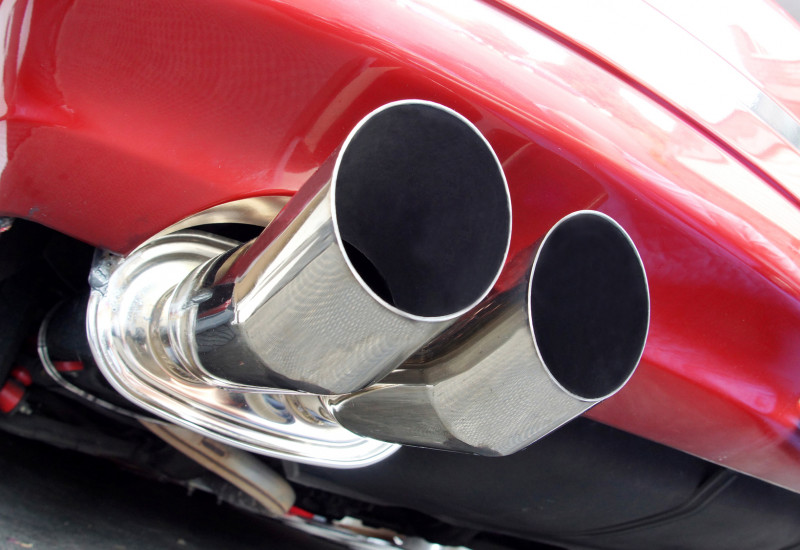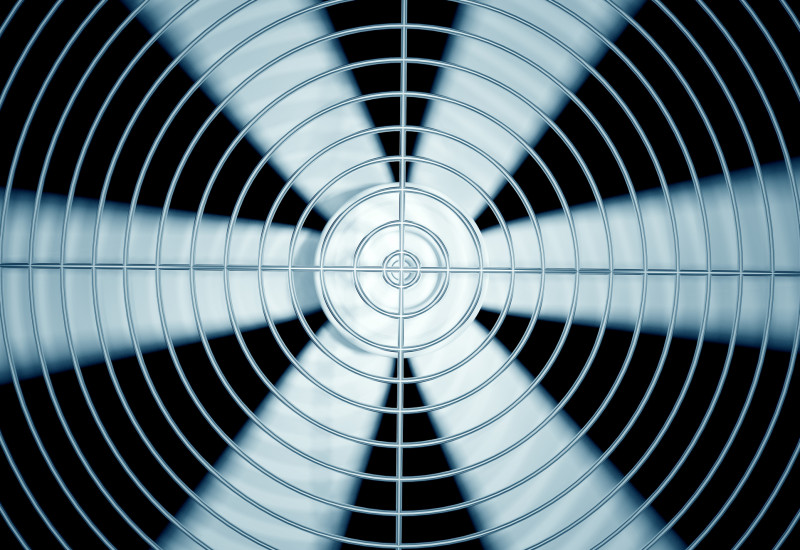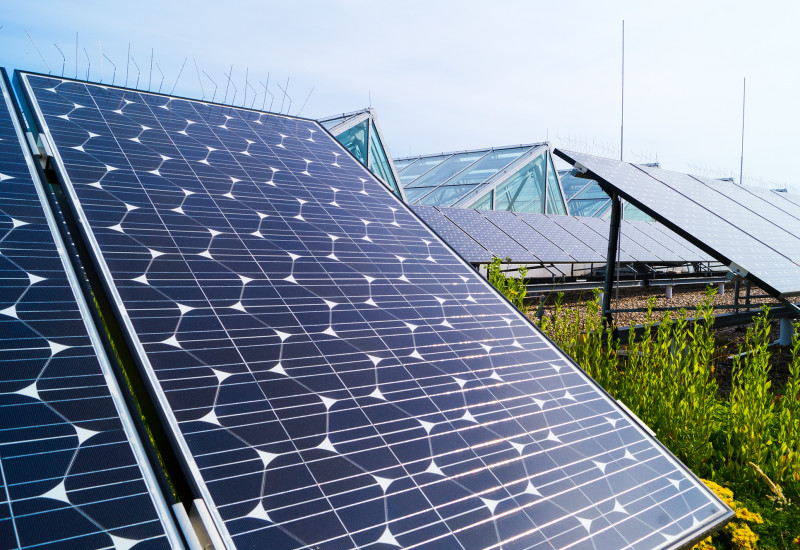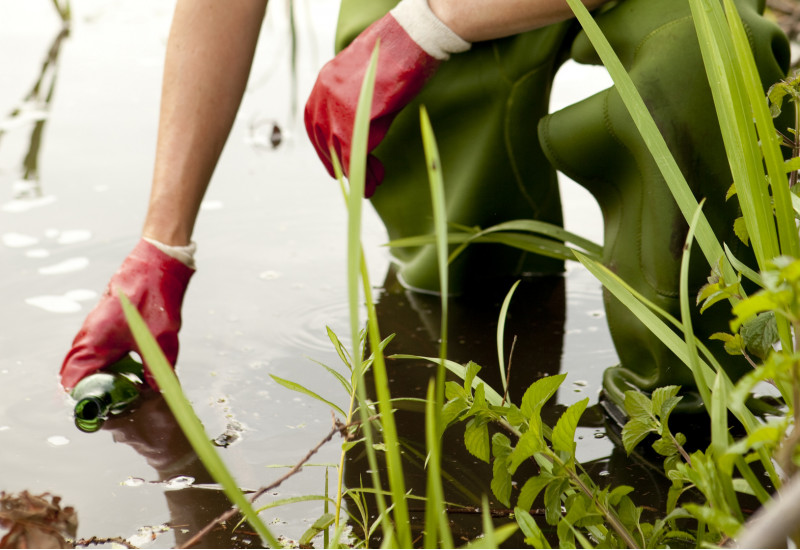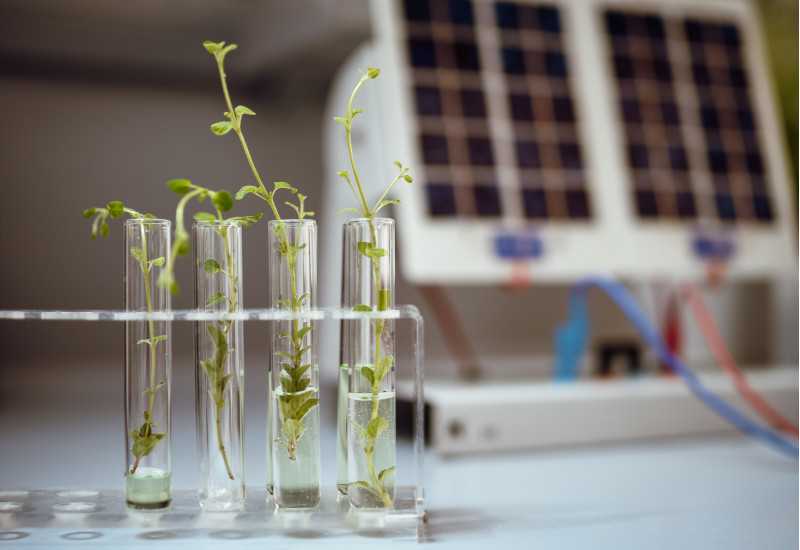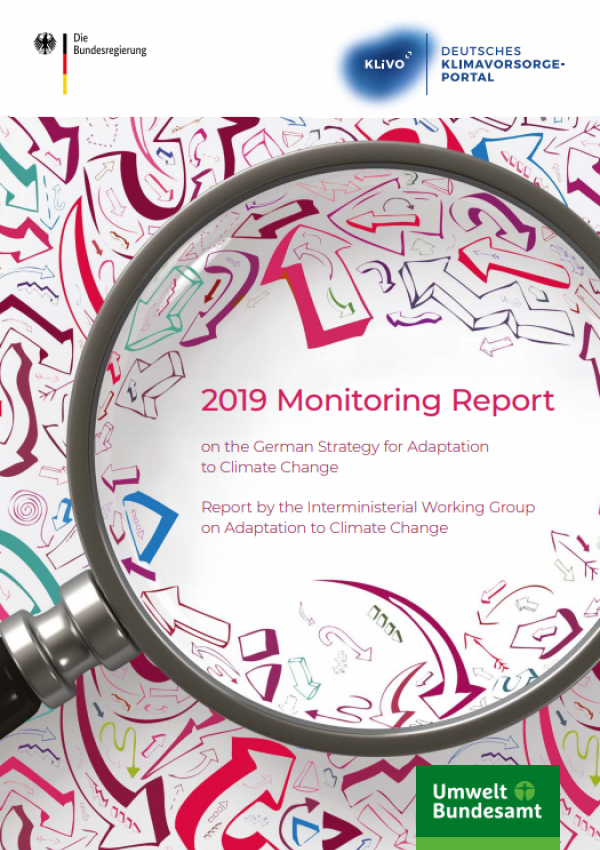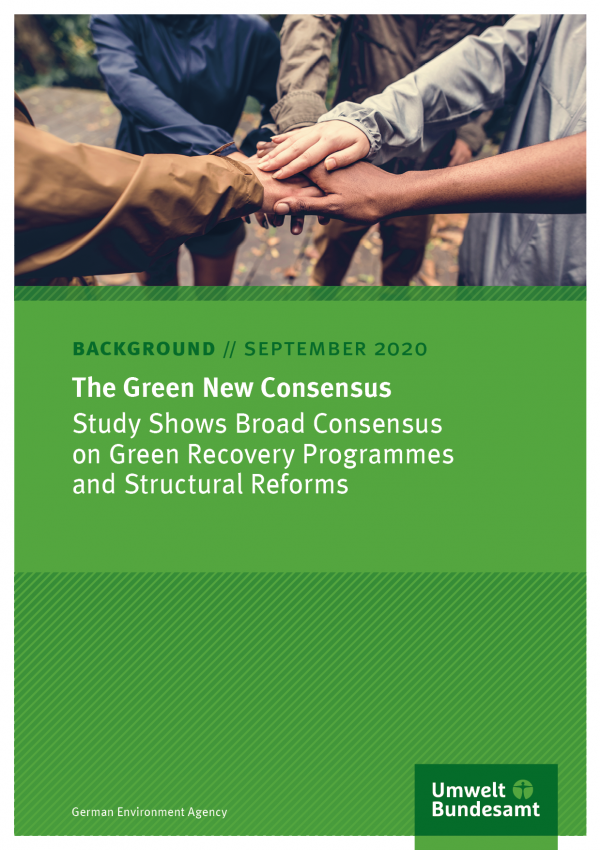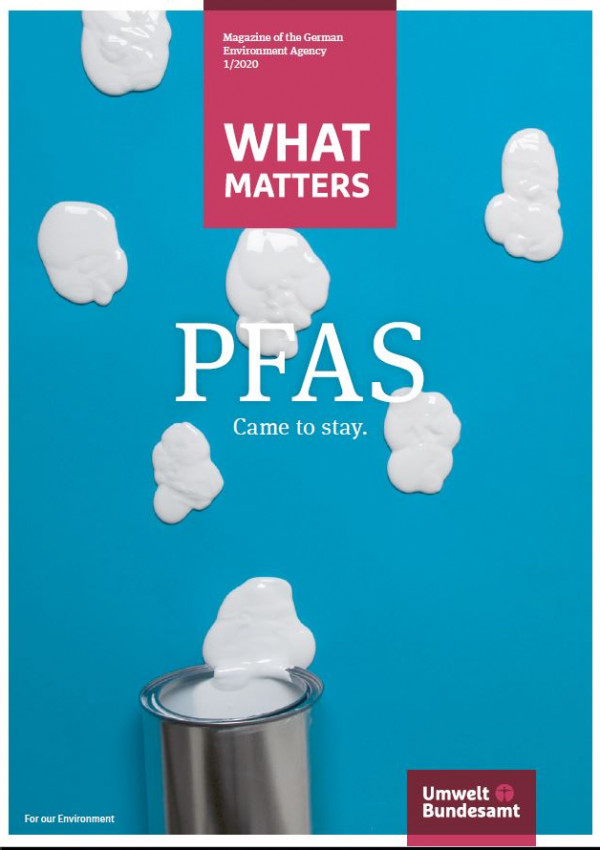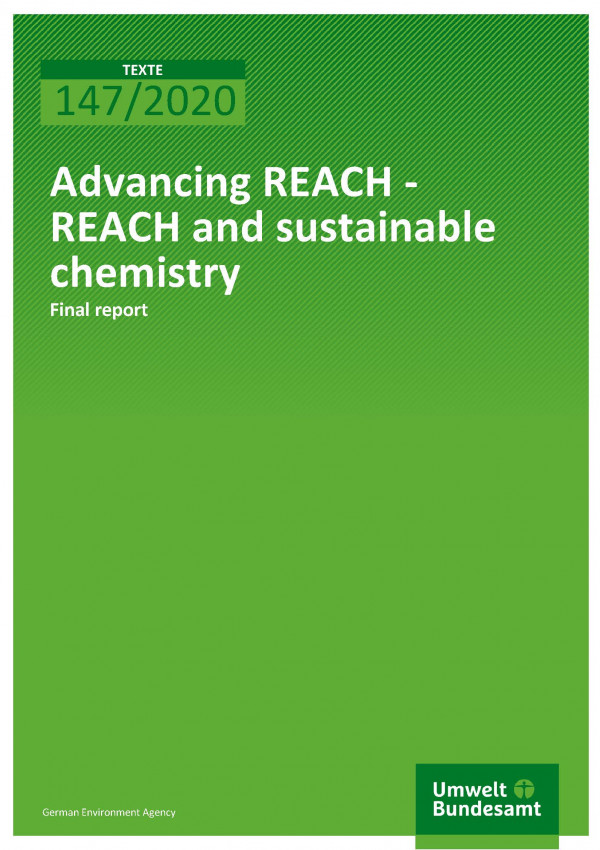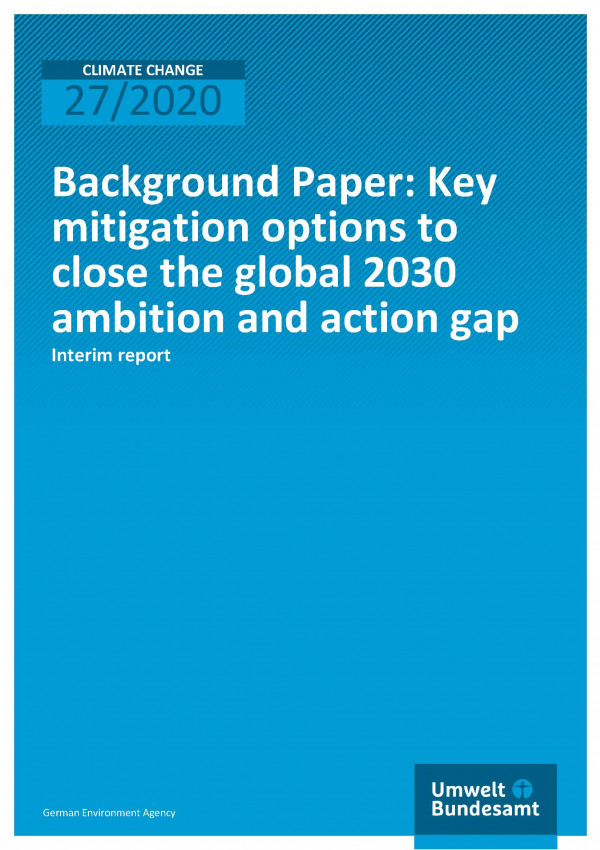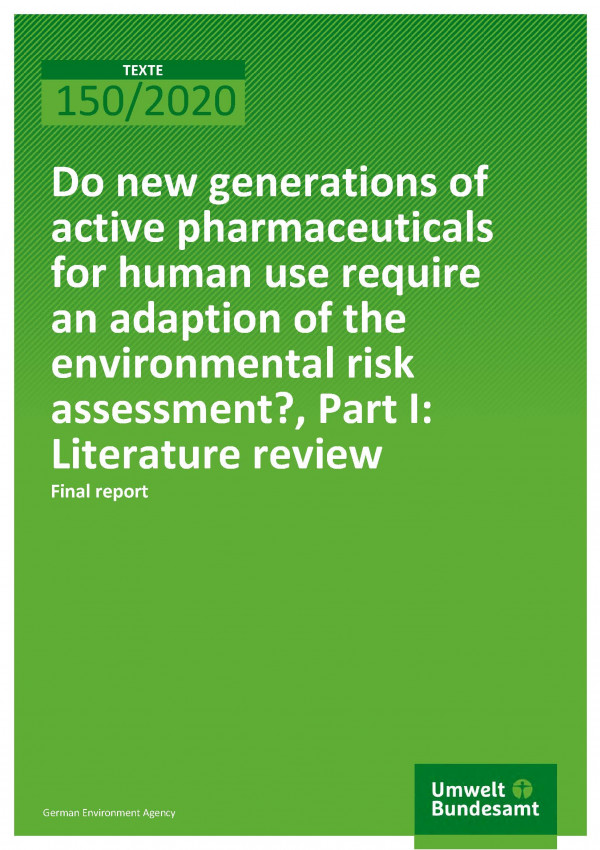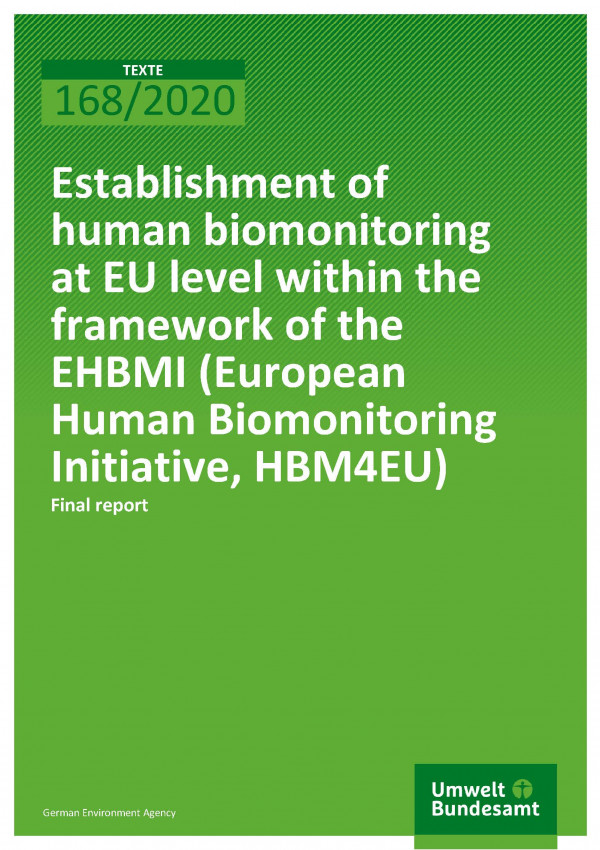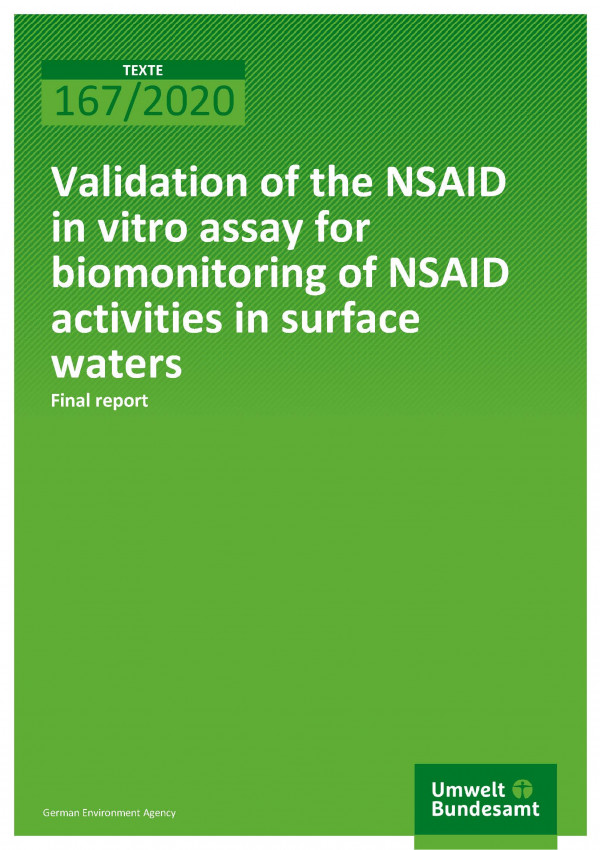30 years of unified Germany: a plus for the environment too

The Brocken peak in the Harz, once used for espionage purposes, now lies in the Harz National Park.
Source: ohenze / Fotolia.com |
October 3 marked the 30th anniversary of German reunification. The German Environment Agency concludes that a lot of positive things have happened in environmental protection since then. German Environment Agency President Dirk Messner: „We can be justly proud of what the new federal states have achieved in environmental protection since 1990. Life has returned to many rivers that used to be ecologically dead. The air, which was acrid in some regions 30 years ago, is now almost everywhere below current pollution limits again“
Especially in the industrial area around Leipzig/Halle/Weißenfels/Bitterfeld, extremely high concentrations of sulphur dioxide were measured in the 1980s. With values of over 400 micrograms per cubic metre (μg/m³) on an annual average, pollution here was about four times higher than in the West German Ruhr area. The highest values today are around 10 µg/m³ and around the year 2000 the concentrations in eastern and western German industrial areas ceased to differ.
Before 1990, East German rivers were among the most heavily polluted watercourses in Europe - foam mountains at dams and rivers coloured by chemicals were the rule rather than the exception. Today, the water quality of many rivers has visibly and measurably improved. For example, pollution with heavy metals such as mercury and persistent organic chemicals has fallen by more than 95 percent in many major eastern German rivers since the early 1990s.
And yet there is much to be done – in the East and the West. German Environment Agency President Dirk Messner: „After the transition to a market economy and democracy during reunification, we are now faced once again with demanding processes of change. We must make our economy fit for the future in order to mitigate climate and environmental change to the greatest extent possible and keep it manageable. The key words are energy transition, mobility transition, more sustainable cities, sustainable agriculture and circular economy.“



